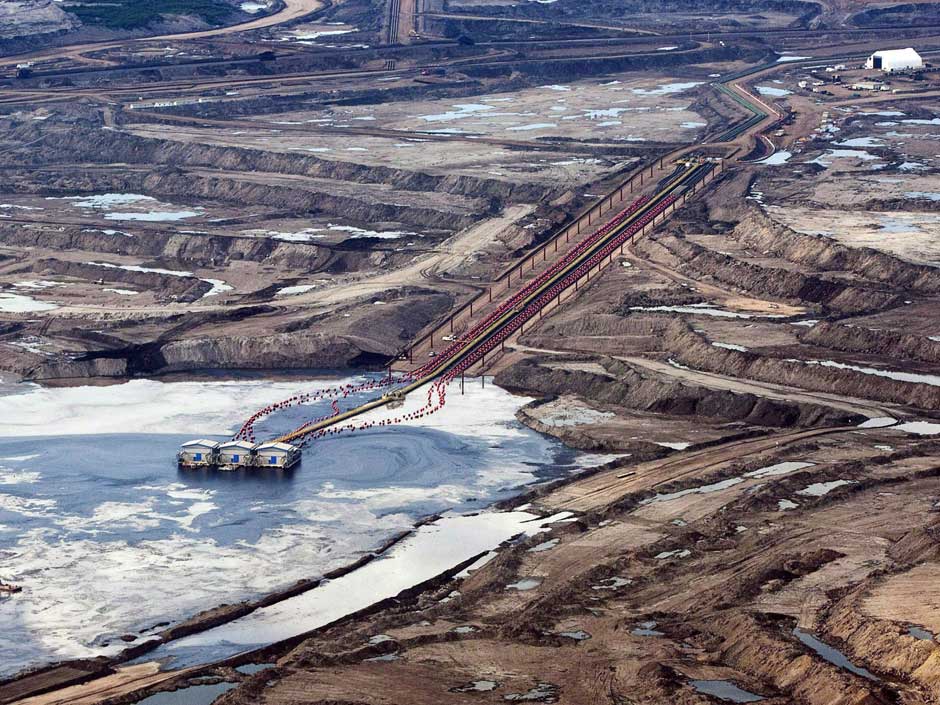IEA says oil market may ‘drown in oversupply’ in 2016
Iran has said it is aiming to increase its oil production by 500,000 barrels per day now that sanctions have been lifted under a nuclear deal with world powers.
The organization advises countries on energy policy.
SEB Markets assumes Iranian oil output will rise by 400,000 bpd to 3.2 million bpd in 2016, while Tehran has said it will add 1 million bpd to its existing output by the year-end.
An initial gain in exports would probably exceed an expected production increase given Iran has stockpiled oil offshore on tankers, Goldman Sachs analyst Damien Courvalin wrote in a report e-mailed yesterday.
“Clearly, what is happening is that markets are continuing to be quite anxious about the possibility that we will see Iran bring back quite a bit of oil”, Bart Melek, the head of commodity strategy at TD Securities in Toronto, said in a telephone interview.
Iran’s monthly crude oil production since January 2010.
Iran, which was the second-biggest producer in the Organisation of Petroleum Exporting Countries (Opec) before sanctions were intensified in 2012, was targeting an immediate increase in shipments of 500,000 barrels a day, Amir Hossein Zamaninia, deputy oil minister for commerce and global affairs, said on Sunday.
Oil prices sank to a 12-year low, falling under $28 a barrel in Asia on Wednesday, as a glut continued to weigh on markets, Wall Street Journal reported.
“With the downtrend to continue we anticipate more spending cuts, though yet to be issued by many oil majors who are pressed to maintain their dividend payouts, and perhaps further impairments as last year’s write-downs could have been insufficient as oil price dips further south”, it pointed out.
“Unless something changes, the oil market could drown in over-supply”.
But oil prices could remain under pressure for some time, analysts say, because global inventories are still building. “When markets panic, they become unpredictable”.
Opec has forecast a steeper drop in supplies from rival producers this year as prices slump. “Implementation Day for the nuclear agreement means a new oil day for Iran”, Daniel Yergin, vice chairman of research firm IHS and author of a Pulitzer Prize-winning book on the history of oil, said Sunday.
To exacerbate the situation, there is a lot of political unrest and uncertainty in the Middle East. After Saudi Arabia executed a prominent Shiite cleric and activist, its relationship with Iran has taken a turn for the worse. And those differences have grown only more acute as low prices have split OPEC and as tensions have grown more heated between the Saudis and the Iranians over sectarian conflicts in places such as Yemen and Syria.








